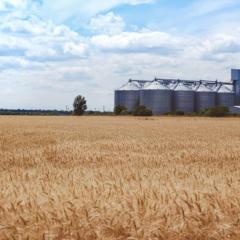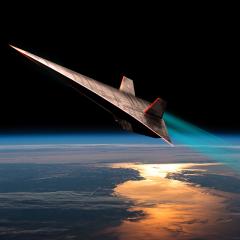Indian PhD researcher Mr Sudeep Banad will spend 2020 at The University of Queensland (UQ) to analyse the changing flood patterns and their impact on river morphology and explore new ways to predict flood paths.
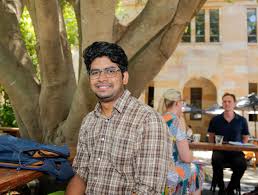
The UQ and Indian Institute of Technology Delhi (IITD) student will also work to assess the river patterns in India and build a model to predict their changing behaviour, which could ultimately save lives and protect property across both countries.
Mr Banad is one of 28 students being supported by the UQ-IITD Academy of Research (UQIDAR) this year, a joint PhD program where students from both India and Australia are fully funded to work between institutions with the support of leading researchers and industry stakeholders.
Mr Banad said 90 per cent of global damage to people and property is from water-related natural disasters. What’s more, 43 per cent of these disasters were floods, affecting around 2.3 billion people, largely in South-East Asian and Indian communities.
“Flood events are projected to increase. As the effects of climate change becomes more obvious and global temperatures continue to increase, the atmosphere’s water-holding capacity will alter, which will further increase the occurrence of extreme precipitation events,” Mr Banad said.
“By understanding changes in a river – its morphology – you have a chance to map potential hotspots for flood related disaster. For this, my work will include spatial mapping of suspended sediments and locating erosion and deposition zones.”
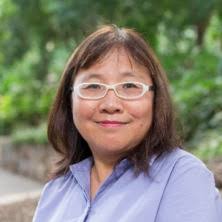
Under the supervision of UQ expert in global environmental change and socio-hydrology Associate Professor Yongping Wei, and co-supervisor at IITD Associate Professor CT Dhanya, Department of Civil Engineering, Mr Banad said he has the best of both worlds.
“Professor Wei is completely different to what I thought a PhD supervisor would be. She listens to my research presentations – these are really lengthy – and is always so positive with her suggestions as well as my IITD supervisor Professor Dhanya, she always helps with my research queries,” Mr Banad said.
In addition to dual supervision, Mr Banad has received a travel grant to fly between UQ and IITD and will graduate with a jointly-awarded PhD after his four years of study.
Mr Banad came to Australia to study, but it’s also his first time abroad.
“My family are very proud, and telling all their relatives that I’m at UQ,” he said.
“Also, I’m a huge cricket fan, and as the Gabba is nearby, so I’ll definitely go to an international or Big bash match or two.”
Two other IITD-based students have joined Mr Banad at UQ in 2020: Ms Vallari Chourasia and Mr Alok Kumar Ray.
Ms Chourasia is exploring zero-waste sustainable technology to convert sugarcane bagasse – a by-product sugarcane juice extraction – into bioethanol or other industrial applications. She is co-supervised by IITD Professor KK Pant, Department of Chemical Engineering, and Director of UQ’s Queensland Alliance for Agriculture and Food Innovation (QAAFI) Professor Robert Henry, an international expert in biomaterials, plants, and genetic engineering.
Also driven by environmental sustainability goals, Mr Ray wants to harness excess electricity generated by solar photovoltaic (PV) and wind power plants, and convert it into thermal energy. He is being supervised by mechanical engineering expert Professor Hal Gurgenci at UQ, and Professor Dibakar Rakshit, from IITD’s Centre for Energy Studies.
Then next UQIDAR cohort will commence in Australia and India, July 2020. Applications are open.
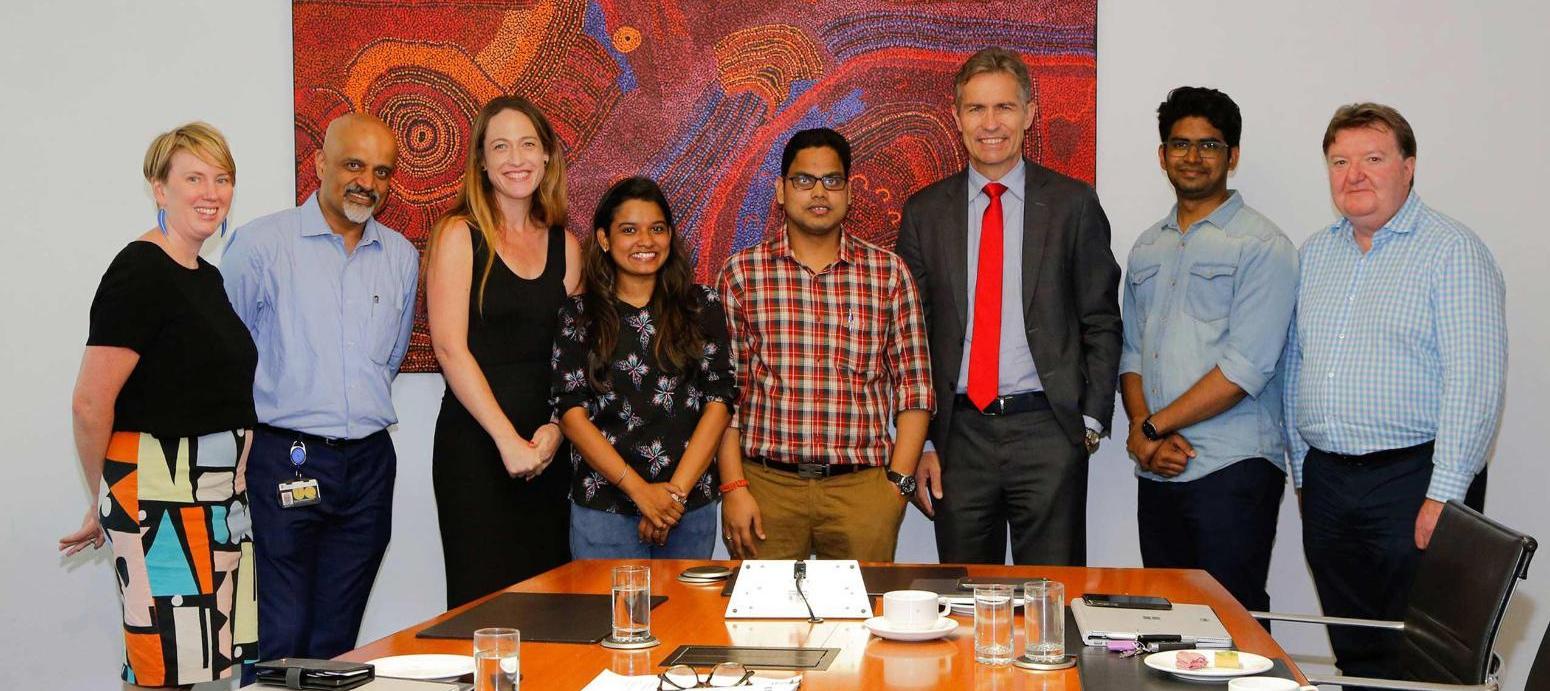
L-R: UQIDAR students Vallari Chourasia, Alok Kumar Ray & Sudeep Banad (second from right)
Register to attend an information session on Tuesday, 10 March 2020 at UQ.
Apply to UQIDAR between 24 February and 22 March 2020
Media: UQIDAR Coordinator Georgia Mitchell, georgia.mitchell@uq.edu.au, +61 7 3443 1699

